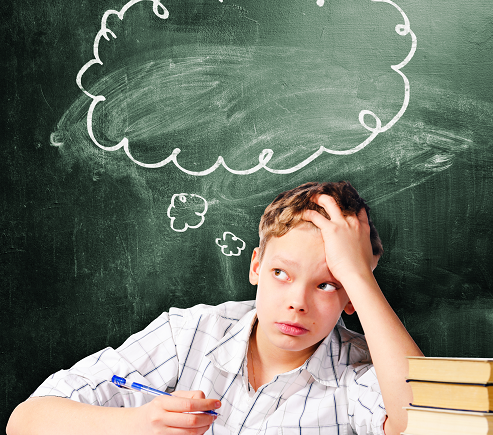What do the words Trump, equality, plastic and creativity have in common?
They have all been named Children’s Word of the Year in competitions run by Oxford University Press in the UK and Australia in recent years.
The words reveal that children are in touch with the current affairs and social issues of their time, and after launching the search for the 2019 Oxford Australian Children’s Word of the Year, we’re wondering what Aussie kids will come up with this year.
Primary school children from across Australia are invited to send in a writing sample on any topic they choose, and their entry will help judges determine the final word.
In the past two years since the Australian competition was first held, there have been differences and similarities in the words Aussie and UK children use in their writing.
Last year’s Oxford Australian Children’s Word of the Year was ‘creativity’, with stories referring to creativity in drawing, writing, games, make-believe, music and play.
The UK Children’s Word of the Year was ‘plastic’, with mentions of plastic in relation to bags, bottles, rubbish, ocean, fish, waste and pollution.
While the two winning words were different, Australian children were not without concern about plastics and pollution, with ‘environment’ being one of the shortlisted themes in the children’s writing.
The previous year, the Oxford Children’s Word of the Year in the UK was ‘Trump’, while Australian children selected ‘equality’. Clearly, in 2017, the entrants had a close eye on current affairs, as it was the year in which Donald Trump made headlines as US President and the year that Australians voted for marriage equality.
But it wasn’t just the serious issues that made their way into children’s writing.
Entrants from the UK and Australia showed an interest in technology and gaming, and Fortnite and Minecraft had a presence in both competitions. The fidget spinner that has been so popular in Australian schools was also a hit in the UK, with an increase from one mention in 2017 to 130 in 2018.
There was also slime, and a lot of humour in the writing. UK children took a playful and funny approach to the US President, while Australian children joked about their families, slime and being clumsy.
For a closer look at the words used by UK children, visit OUP Global, and to see what Australian children wrote about, visit Oxford Australia.
If you’re a teacher or parent, we would love to know what is on the mind of your students or children. Visit oup.com.au/cwoty for more details or to download an entry form.

Leave a Reply